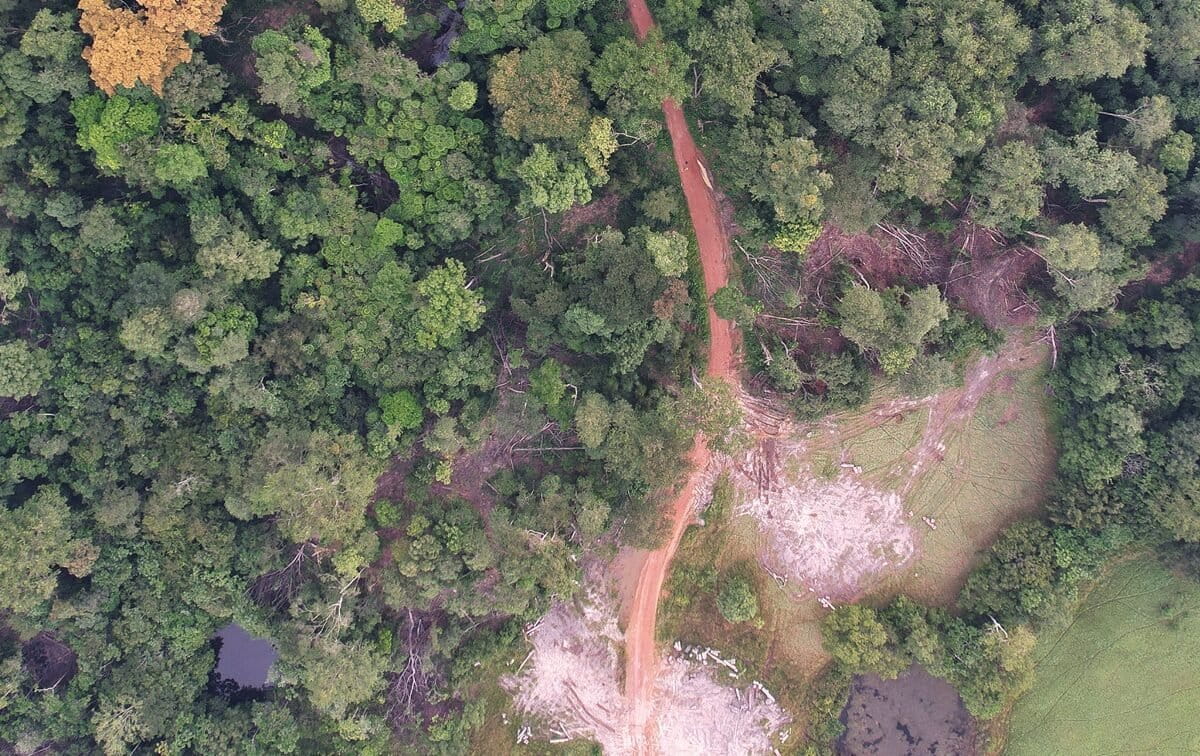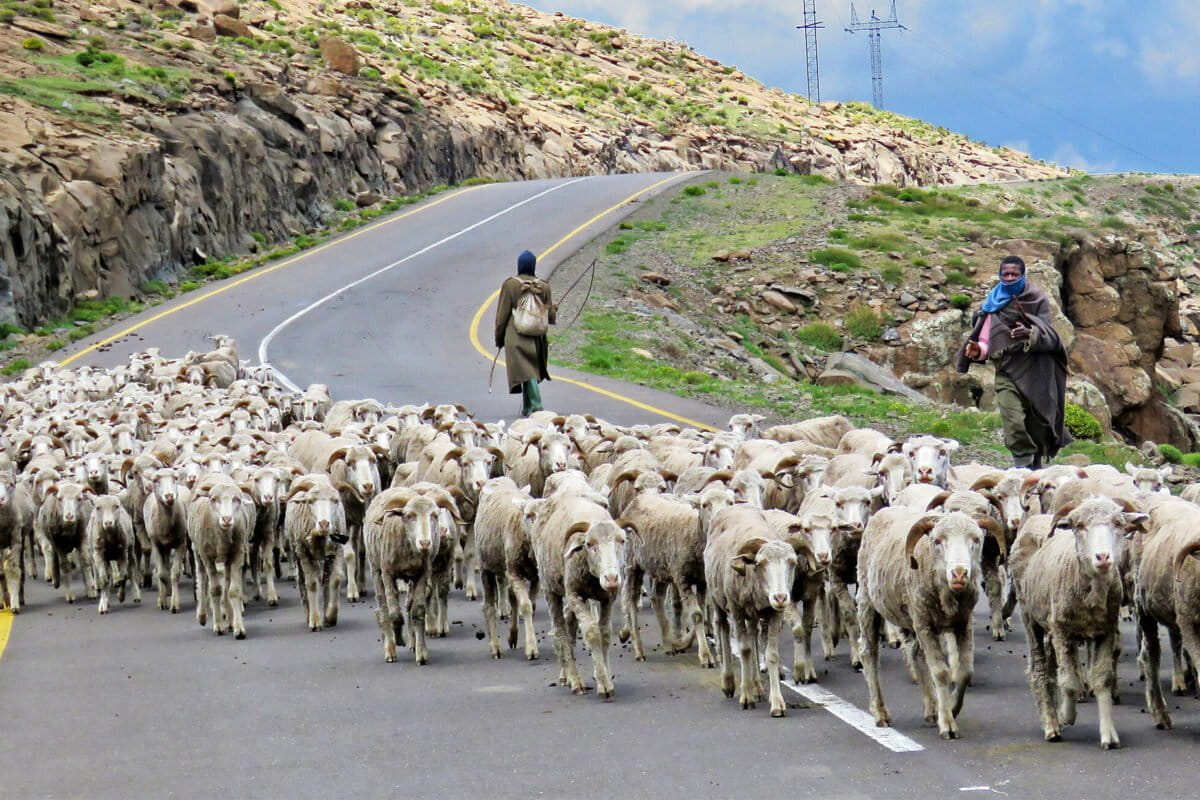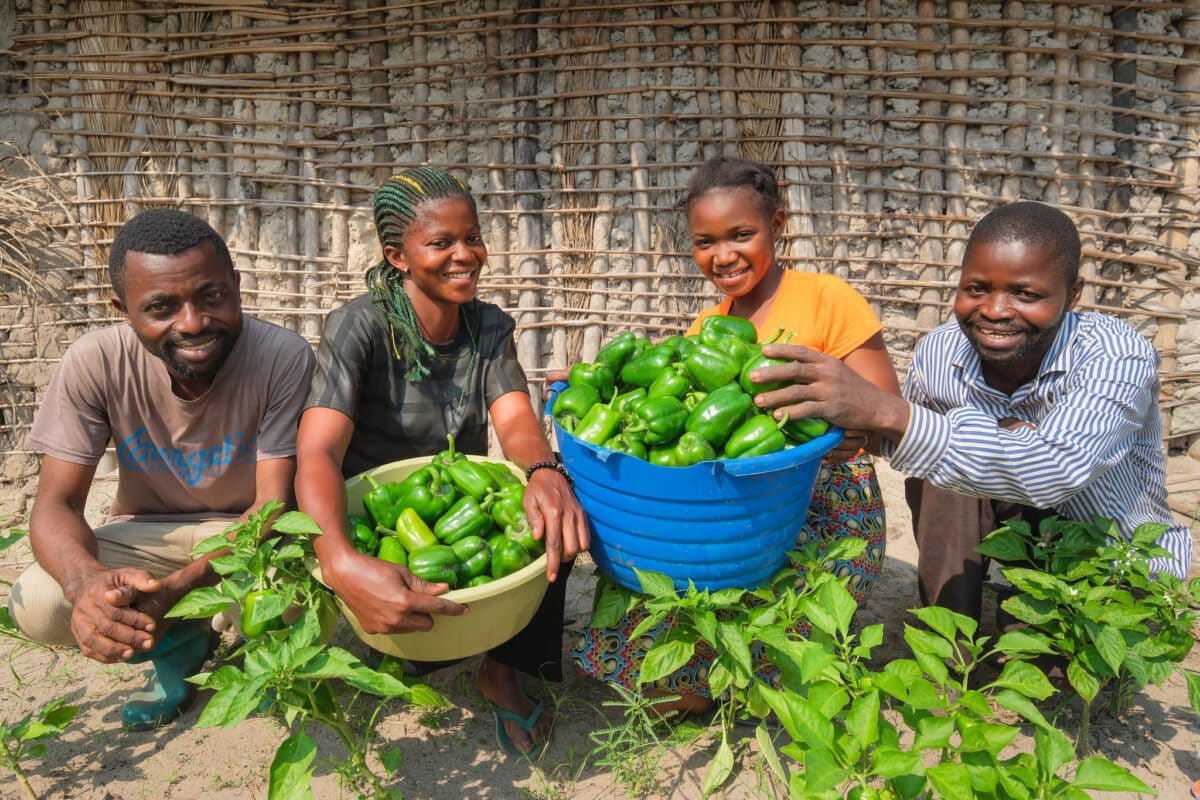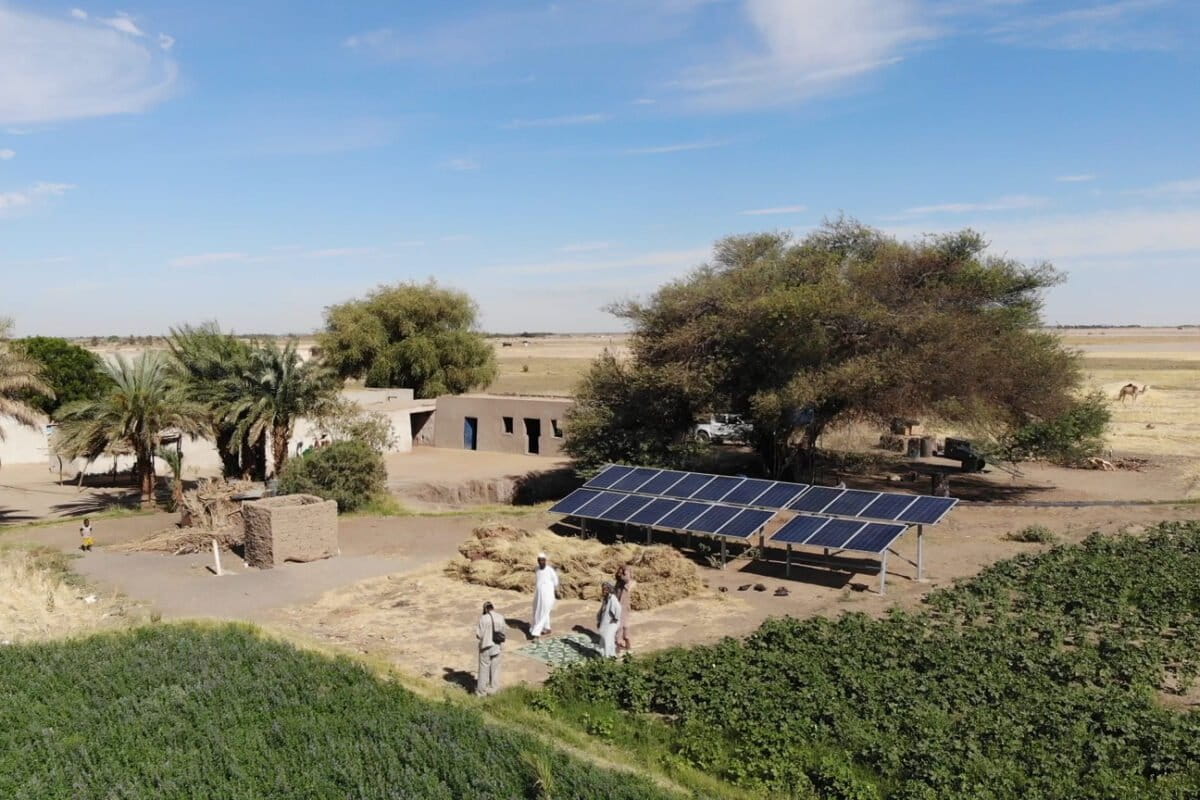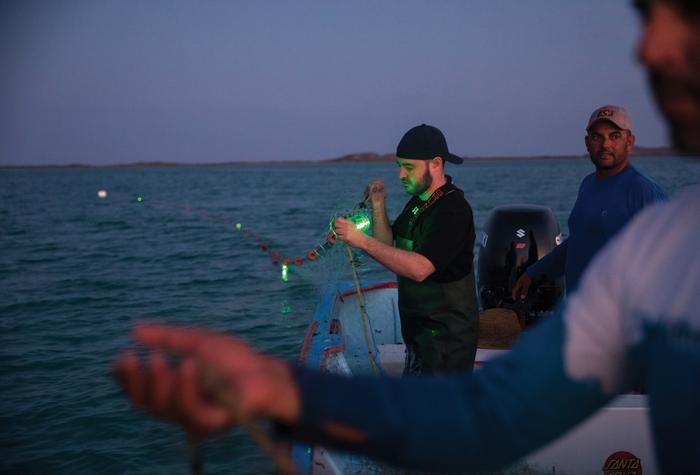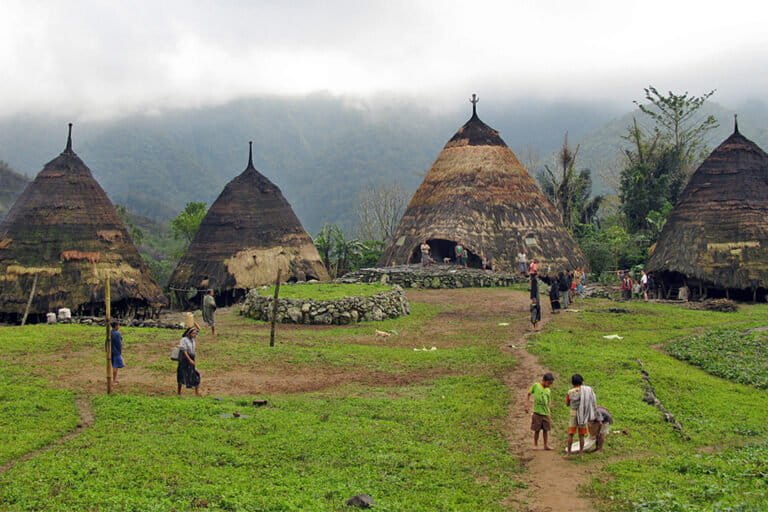Human actions are responsible for warming the Earth, reconfirms the landmark Intergovernmental Panel on Climate
Change (IPCC) report released today, the first mammoth report on the physical science of climate change issued in seven years. Scientists now say they are 95-100 percent certain that human actions—such as burning fossil fuels and cutting down forests—are behind the observed rise in global temperatures since at least 1950. Average temperatures have risen 0.85 degrees Celsius since 1880, but the new report warns that depending on how much more fossil fuels are burnt, temperature rises could exceed 4 degrees Celsius (9 degrees Fahrenheit) with untold consequences for global society.
“Boil down the IPCC report and here’s what you find: climate change is real, it’s happening now, human beings are the cause of this transformation, and only action by human beings can save the world from its worst impacts,” U.S. Secretary of State, John Kerry, said in a statement. “This isn’t a run of the mill report to be dumped in a filing cabinet. This isn’t a political document produced by politicians. It’s science.”
Indeed for those following climate science over the decade, none of this is particularly surprising: scientists have become increasingly confident that not only has the Earth warmed significantly in the last hundred years, but that radiative forcing due to greenhouse gas emissions is the main culprit. Other theories, one by one, have been largely disproved. Moreover, scientists have become increasingly assured that climate change will not only raise sea levels and melt glaciers, but also make extreme weather events more common and more intense, upend regional weather patterns, and force countless species to migrate or go extinct. In the end, scientists say the world will not only become warmer, but increasingly unstable and treacherous.

Wildfire in California. Increased drought and shifting rains due to climate change are expected to cause more severe wildfires in some regions. Photo by: Bureau of Land Management.
“Global surface temperature change for the end of the 21st century is projected to be likely to exceed 1.5 degrees Celsius relative to 1850 to 1900 in all but the lowest scenario considered, and likely to exceed 2 degrees Celsius for the two high scenarios,” said IPCC co-Chair with Working Group I, Thomas Stocker. “Heat waves are very likely to occur more frequently and last longer. As the Earth warms, we expect to see currently wet regions receiving more rainfall, and dry regions receiving less, although there will be exceptions.”
Governments worldwide have already committed to preventing the world’s temperature from going above 2 degrees Celsius over the Twentieth Century average, a threshold that if passed could lead to catastrophic climate change. However, while governments have made the commitment, few, if any, have sufficiently tackled the cause: greenhouse gas emissions from burning fossil fuels.
To this end, for the first time, the IPCC has endorsed a number of how much total carbon can be emitted into the atmosphere to stay below 2 degrees Celsius rise: 800-880 gigatonnes. But humanity has already spent over 60 percent of this (530 gigatons as of 2011), meaning that much of the world’s remaining fossil fuel deposits (including coal, gas, and oil) will have to remain in the ground—unburnt and unexploited—in order to avoid catastrophic consequences.
“This is yet another wakeup call: those who deny the science or choose excuses over action are playing with fire,” said Kerry. “Once again, the science grows clearer, the case grows more compelling, and the costs of inaction grow beyond anything that anyone with conscience or commonsense should be willing to even contemplate.”
The report did not shy away from recent findings that global warming has slowed over the last 15 or so years, at least beyond expectations. The IPCC acknowledges that warming has not occurred as fast as many models predicted, but noted that this is likely due to a number of factors. For one thing, comparing current temperatures to the extra hot year of 1998—which was drive by El Nino conditions—has made it appear that temperatures have stagnated, when in fact every decade over the last three decades has been warmer than the last. In addition, they view the slower rate of temperature rise as a short-term trend that is not expected to last, perhaps caused by recent volcanic eruptions, which have a cooling effect, or by extra heat being taken in by the deep oceans. According to the report, around 90 percent of the heat from greenhouse gas emissions ends up in the ocean.
The head of IPCC, Rajendra Pachauri, chair of the IPCC, told Reuters that scientists would need to see the current slower rate of warming last for three to four decades before they would consider it a new trend and adjust expectations accordingly.
Even as climate denialists have spent recent weeks attempting to dive bomb the IPCC report’s findings—which runs 2,500 pages, cites over 9,000 studies, and involves hundreds of scientists from around the worldwide—with a run-up of op-eds including pseudo-scientific claims and allegations, many climate scientists who actually work with the IPCC say the group’s work is, if anything, too cautious.
“The IPCC is far from alarmist—on the contrary, it is a highly conservative organization,” Stefan Rahmstorf of the Potsdam Institute for Climate Impact Research in Germany told the New York Times. “That is not a problem as long as the users of the IPCC reports are well aware of this. The conservatism is built into its consensus structure, which tends to produce a lowest common denominator on which a large number of scientists can agree.”

U.S. carbon emissions are second only to those of China. Historically, the U.S. is the world’s largest carbon emitter. To date, the U.S. has no federal legislation to reduce its carbon emissions. Click image to enlarge.
Related articles
Climate change pushing tropical trees upslope ‘exactly as predicted’

(09/27/2013) Tropical tree communities are moving up mountainsides to cooler habitats as temperatures rise, a new study in Global Change Biology has found. By examining the tree species present in ten one-hectare plots at various intervals over a decade, researchers found that the proportion of lowland species increased in the plots at higher elevations. The study, which was undertaken in Volcan Barva, Costa Rica, adds to a growing body of evidence that climate change is having an impact on species range distributions.
Global society must leave fossil fuels in the ground, unburnt, says top official
(09/26/2013) World governments must get used to the idea of leaving fossil fuel reserves in the ground unexploited and unburned, one of the world’s most senior diplomats has said, ahead of a landmark report on climate science to be unveiled this Friday by the Intergovernmental Panel on Climate Change (IPCC). The former Irish president and UN high commissioner for human rights, Mary Robinson, is to spearhead a new international push aimed at breaking the climate talks deadlock and silencing skeptics, with a group of senior diplomats and politicians from around the world.
Climate change policy is just good economics
(09/25/2013) For the majority of the new century, Americans have largely stopped caring about the environment. In that time, America has suffered 9/11, two of the nation’s four longest wars, the deepest depression in 80 years, increased inequality, and incompetent or fractured leadership. There’s been a lot on the public mind.
Climate change to hurt children most
(09/25/2013) Children will bear the brunt of the impact of climate change because of their increased risk of health problems, malnutrition and migration, according to a new study published on Monday. And food prices are likely to soar as a result of warming, undoing the progress made in combating world hunger.
Climate change could kill off Andean cloud forests, home to thousands of species found nowhere else

(09/18/2013) One of the richest ecosystems on the planet may not survive a hotter climate without human help, according to a sobering new paper in the open source journal PLoS ONE. Although little-studied compared to lowland rainforests, the cloud forests of the Andes are known to harbor explosions of life, including thousands of species found nowhere else. Many of these species—from airy ferns to beautiful orchids to tiny frogs—thrive in small ranges that are temperature-dependent. But what happens when the climate heats up?
‘Heading towards an ice-free Arctic’: sea ice extent hits sixth lowest on record
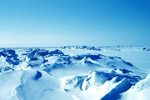
(09/18/2013) Sea ice cover in the Arctic shrank to one of its smallest extents on record this week, bringing forward the days of an entirely ice-free Arctic during the summer. The annual sea ice minimum of 5,099m sq km reached on 13 September was not as extreme as last year, when the collapse of sea ice cover broke all previous records.
Natural cooling cycle in Pacific may have slowed global warming…for now
(09/12/2013) Cooling waters in the tropical Pacific Ocean appear to be a major factor in dampening global warming in recent years, scientists said on Wednesday. Their work is a big step forward in helping to solve the greatest puzzle of current climate change research – why global average surface temperatures, while still on an upward trend, have risen more slowly in the past 10 to fifteen years than previously.
Global warming may ‘flatten’ rainforests
(09/12/2013) Climate change may push canopy-dwelling plants and animals out of the tree-tops due to rising temperatures and drier conditions, argues a new study published in Proceedings of the Royal Society B. The development may be akin to ‘flattening’ the tiered vegetation structure that characterizes the rainforest ecosystem.
Indonesian villagers sue president over climate change

(09/11/2013) Eight Indonesian villagers have sued the country’s president and a number of other high-level government officials over the impacts of climate change and environmental destruction in their province, reports Mongabay-Indonesia. The villagers say they have suffered health problems, experienced financial losses and seen a general decline in their quality of life due to forest and peatland clearing, and they are pinning the blame on some of Indonesia’s highest elected and appointed officials.
Organization proposes climate change warning labels at the gas pump

(09/05/2013) Rob Shirkey is the founder of the Toronto-based, not-for-profit organization Our Horizon. Inspired by his grandfather’s last words to him, “Do what you love,” Shirkey quit his job and founded the organization. Our Horizon is founded on the basis that we are all responsible for global climate change through our daily collective choices. It endeavors to influence those choices, specifically with the goal of convincing municipalities to require climate change warning labels on gasoline pumps.



